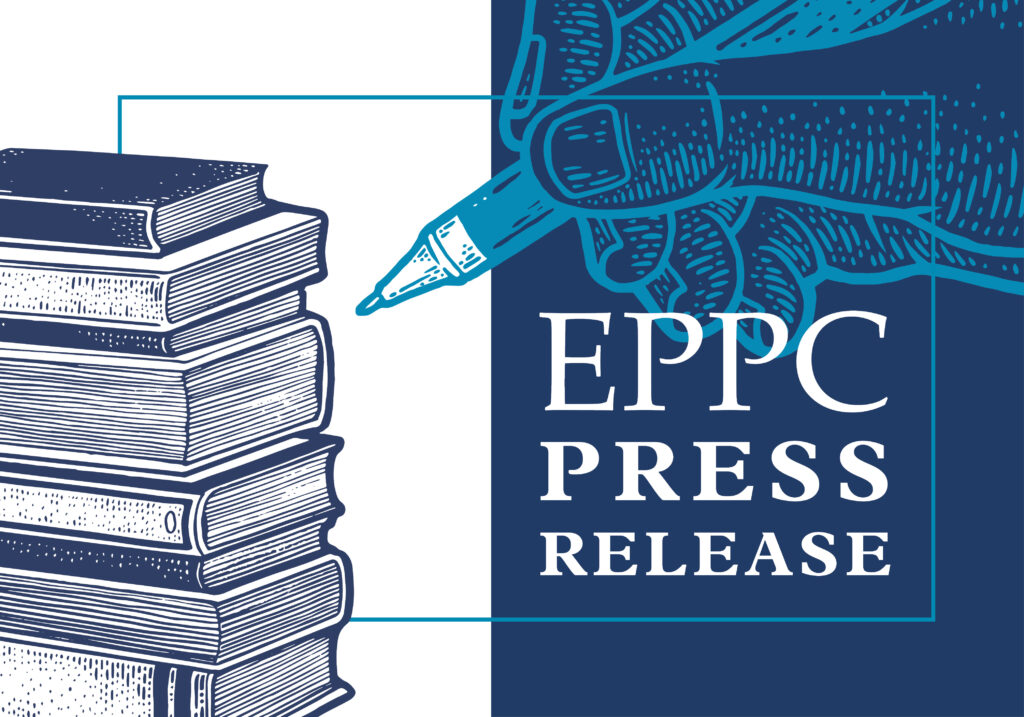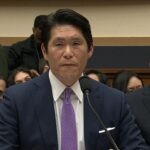
October 25, 2023
On October 25, EPPC scholars Erika Bachiochi and Patrick T. Brown joined scholars and writers from the Institute for Family Studies in suggesting Members of Congress keep three key principles in mind when considering paid leave proposals.
The letter, sent to members of the Senate Committee on Finance in advance of their hearing entitled “Exploring Paid Leave: Policy, Practice, and Impact on the Workforce,” sought to underscore the importance of supporting parents and children in any paid leave approach.
“We believe there is an entirely appropriate role for the federal government to provide new mothers and fathers with a little cushion around the time of childbirth, insulating them at a time when expenses are high and earnings unpredictable,” the letter says. “But the details of such a plan matter.”
The letter encouraged Members of Congress to:
- Focus on New Parents: As opposed to other times of life when paid leave might be helpful, parental leave is time-limited, difficult to claim fraudulently, and recognizes the unique financial burdens families bear when welcoming new life.
- Recognize New Moms’ Unique Needs: Mothers bear unique burdens in pregnancy and childbirth, and need time to physically and emotionally recover. Trying to conceal this in language about “birthing parents” does them a disservice.
- Treat All Families Fairly: Many states have adopted paid leave models that effectively discriminate against low-income parents and families that choose to have a parent stay home for a time. Federal policy should avoid that mistake.
In addition to Bachiochi and Brown, the letter was signed by the Institute for Family Studies’ Alysse El-Hage, Michael Toscano, and Brad Wilcox.











